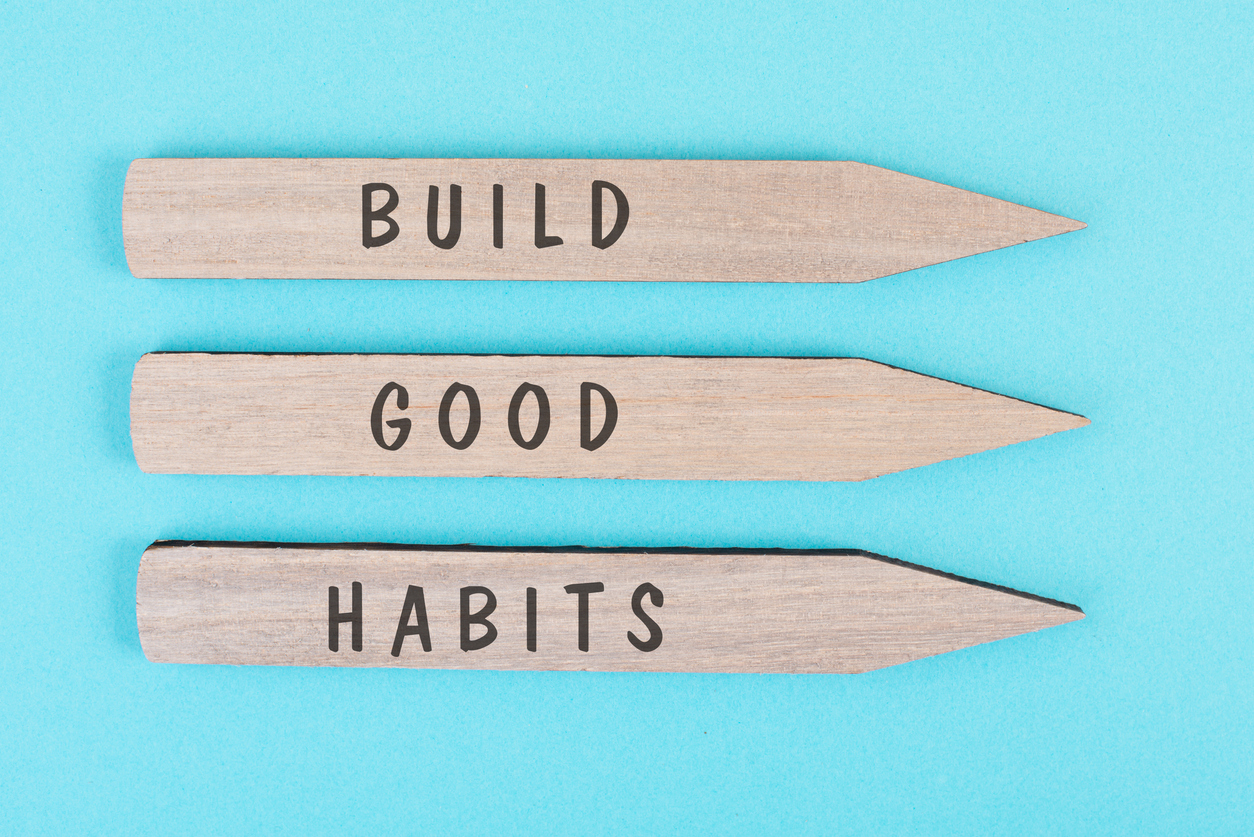Addiction is not a sign of weakness or poor choices. It is a disease that can occur in any age group and affect anyone. With increasing awareness, there are still people who think that this battle is merely a result of bad choices. This misunderstanding causes shame and stops people from asking for help.
In reality, it is a complex condition involving physical, emotional, and mental factors. According to NSDUH (2023), 48.5 million Americans aged 12 and older lived with a substance use disorder in the past year. Additionally, 10.2% faced alcohol use disorder. These numbers show how widespread the issue is and why greater understanding is needed.
Learning the facts is the first step toward reducing stigma and creating a more supportive environment. Let's get started.
Addiction Is Not a Choice
People have in mind that drug use or alcohol use is a bad choice. It simplifies the blaming of the user rather than seeing the actual problem. The fact is that long-term use alters brain function. It influences the way that people make choices and respond to stress, feelings, and control.
Others are more vulnerable through family history, mental illness, history of trauma, or stress in their lives. Over time, the brain becomes wired to depend on these harmful habits. When people see addiction as a health issue, not a personal failure, they are more likely to offer support and help others move toward recovery.
The Link Between Mental Health and Addiction
Substance use and mental health are often connected. People sometimes turn to drugs or alcohol to cope with stress, sadness, or past hurt. But using these substances can make mental health problems worse, creating a cycle that is hard to escape.
When both substance use and mental health problems happen at the same time, it is called co-occurring disorders, a situation that needs careful attention. In these cases, it is important to understand both issues carefully. If you treat one without addressing the other, it does not provide the desired results.
Therefore, many treatment providers now focus on both mental health and substance use in the same plan. This helps people get more balanced care that completely knows their situation, not just one part of the problem.
Addiction Comes in Different Forms
Struggles with alcohol, drugs, or medication misuse can affect people in many ways. Alcohol is one of the most common issues people face. Some individuals have problems with opioids, including prescription painkillers or heroin. Others may use stimulants like cocaine or methamphetamine in harmful ways. Misuse of prescription medicines, such as anxiety pills or sleep aids, is also becoming more common.
Though these challenges may look different, they all carry risks to both physical and mental health. Recognizing the early signs can help people get support before things get worse. No matter the type of problem, the right kind of help can guide people toward a healthier future.
Recovery Is Possible for Everyone
Recovery is available to everyone, regardless of how long he has had an addiction. Treatment options differ because every person's experience is unique. Some individuals thrive with therapy, others with medication, and many with a combination of the two. There is no one "right" road to recovery.
Plus, setbacks are a normal part of recovery. Change does not happen overnight, but small, steady steps can lead to real progress. The most important thing is to take the first step, no matter how small it may seem. With the right help and support, people can keep going and slowly build a healthier, more stable life. Staying patient through the ups and downs makes long-term recovery possible.
How to Support Someone in Recovery
Helping a person through recovery is a serious and sensitive thing to do. The initial step is to listen without judgment. Make them understand that you care about them and that they are not isolated. Encouragement is good, but pressure will lead to frustration or withdrawal.
It is also essential that loved ones establish healthy boundaries and look after themselves. It does not involve fixing everything to help someone. Being constant, patient, and understanding can ensure that the recovering person feels supported without breaking down. Providing assistance while being considerate of their speed keeps them feeling motivated in their process.
Final Thoughts
Addiction is misdirected. It's not weakness or bad decisions—it's a treatable health issue and one that should be treated. Learning the facts and proceeding with compassion, we can build a world where individuals feel comfortable getting help. Compassion is where healing begins and allows people to gain the support they need in order to continue.














